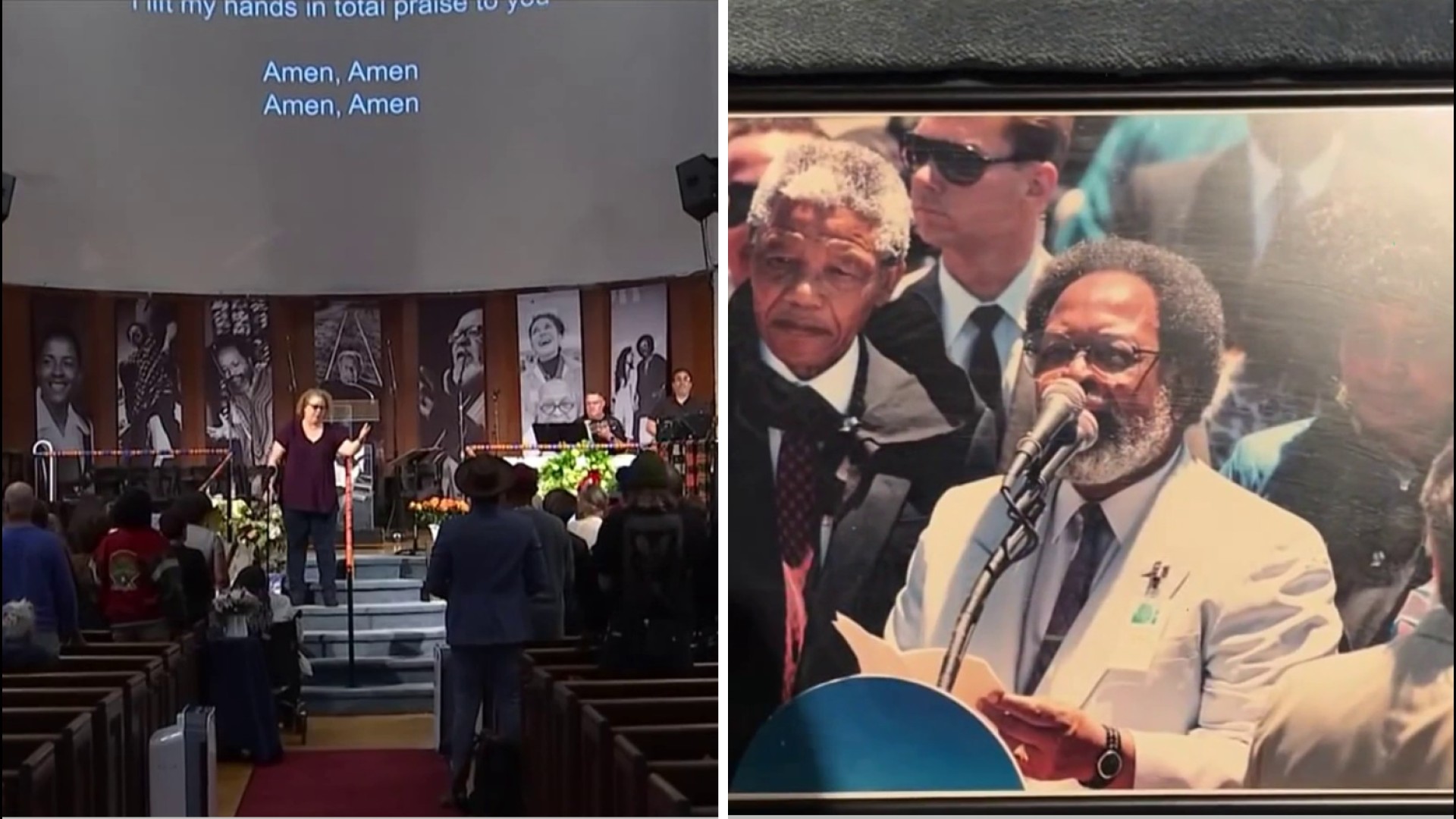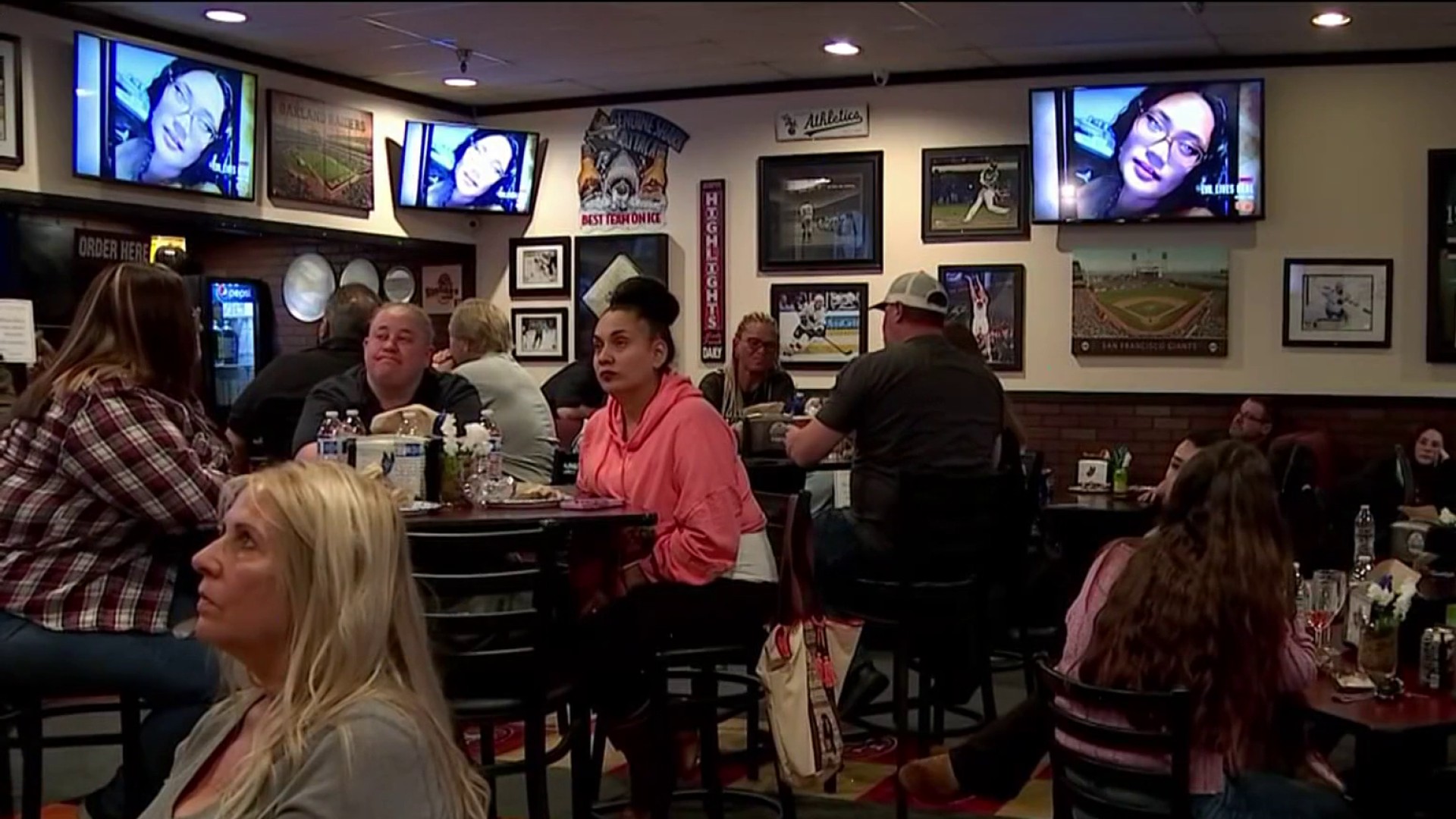In San Francisco's frustration with the sheer numbers of Lyft and Uber drivers trolling city streets, there is also a silver lining, particularly during this time of the year.
The clogged streets could actually be making a safer holiday season, but it does come at a cost for some businesses.
Curbside valet service outside San Francisco Center is seeing most of the cars pulling up to the cur are not being parked. The cars are Uber and Lyft vehicles dropping off or picking up passengers.
At North Beach restaurant, valet parkers used to hustle non-stop. Not anymore.
"We had good business," said Mohlas Tur, manager of North Beach Parking. "But now after Uber, our business is very, very down."
Valet parkers at North Beach Parking used to handle 80 cars a night on weekends. Now, they park 40.
On the upside, that translates to 40 fewer drivers leaving a restaurant where good times involve alcohol.
Local
While statistics are lagging, the California Highway Patrol said there is little doubt that the ride shares are driving down DUIs.
Mothers Against Drunk Driving also points to early studies confirming a positive trend. Natasha Thomas witnessed it with her own eyes at a sobriety checkpoint near night spots in San Francisco.
Thomas said four out of every five cars were an Uber during the sobriety checkpoint.
Statistics also show that it is younger drivers who cause a disproportionate percentage of accidents. It appears ride-share services are making a positive impact in this category as well.
Sixteen-year-olds are not quite so eager to drive now that Lyft and Uber give them the kind of freedom they might associate with a driver's license.
Driving instructors like Collin Huey confirm the trend, and because he stresses safety first, he is not complaining.
"A lot of kids get in accidents," Huey said. "You have a high rate of accidents, especially on Friday nights."
The trends do come at a cost, primarily congestion on city streets.
As many as 45,000 ride-share vehicles roll along city streets. That did not factor into the planning by the San Francisco Municipal Transit Agency. The agency's "transit first" policies designed to encourage less automobiles use Uber stickers and Lyft's pink mustaches. The agency cannot adapt its policies without a clearer picture of the future, and the ride shares are not prone to share information.
"We're trying to work with these companies to get more data from them and understand exactly what we're dealing with," SFMTA spokesman Paul Rose said.
Transit planners have appealed to the California Public Utilities Commission. At a minimum, they want the Lyft and Uber drivers who lease their vehicles to be regulated much the way limos are. The intent is to put a halt to the explosive growth of the ride-share companies.



